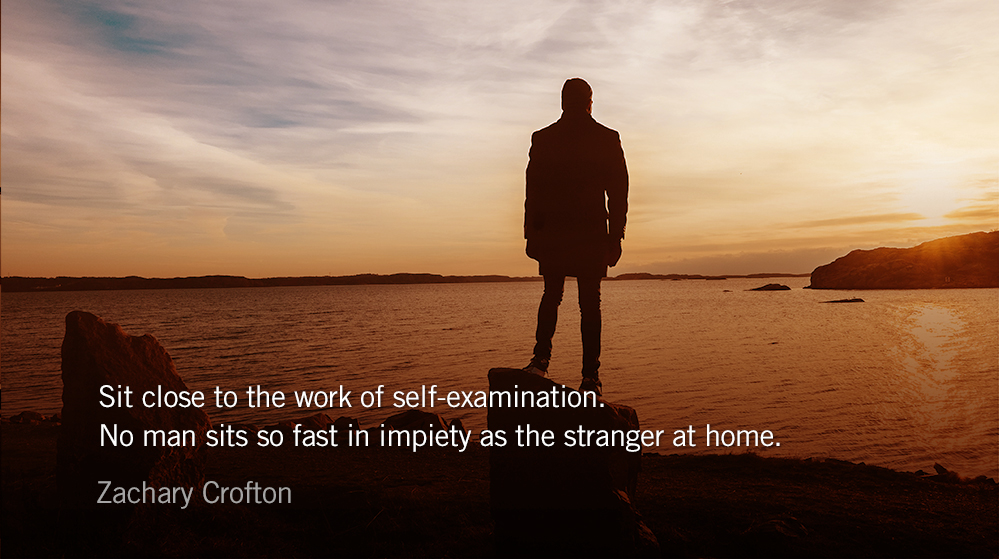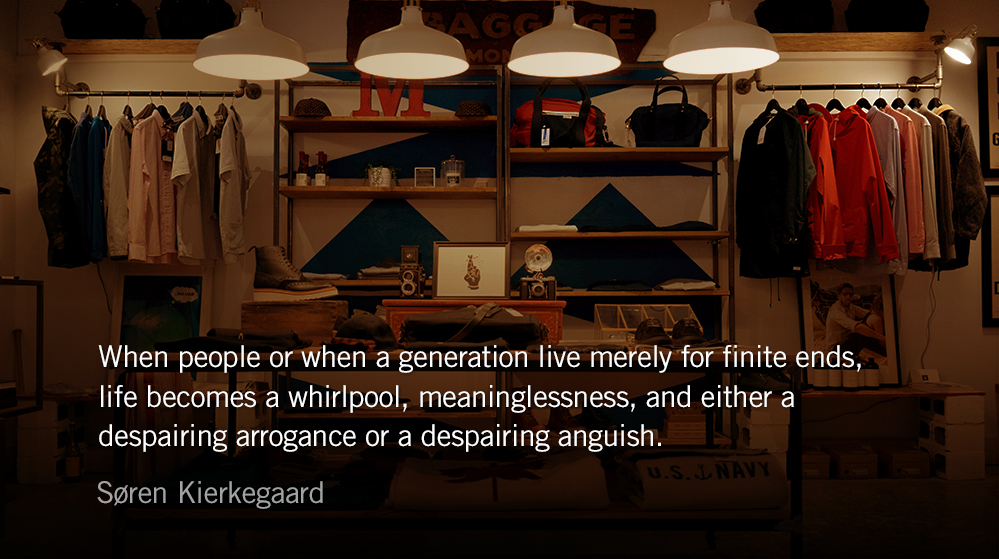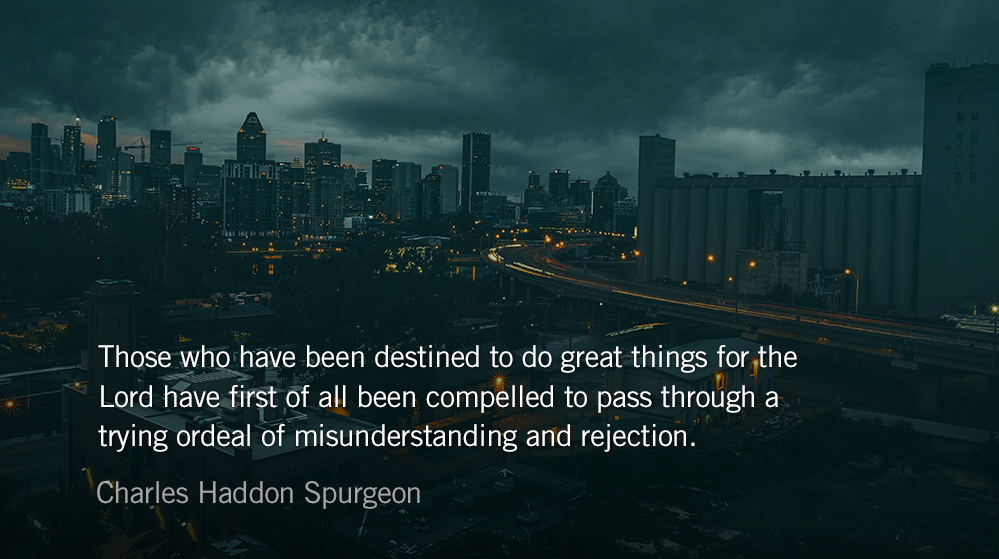By Zachary Crofton (1626-1672)
Your statutes have been my songs in the house of my sojourning. — Psalm 119.54
Repentance is the great work of the word and loud call of the gospel. Sit with care, constancy, and conscience under the word of truth and gospel of grace. Study the nature of God. God must be the object of repentance: we must sorrow toward God and return to God.
The devil labors to keep all light out of man’s soul—so that he might sleep in sin and be locked up in impenitency. When God brings to repentance, he breaks these bars of ignorance, he pulls off these scales of blindness and begins with the understanding.
Sit close to the work of self-examination. No man sits so fast in impiety as the stranger at home. True grace begins always at “the renewing of the mind”—the transforming of the mind to know “the good and acceptable will of God.” And the knowledge of God, being the principle of it, is put for repentance: “They shall know God.”
Thus David professed, “I examined my ways, and turned my feet into thy testimonies.” And when the Prodigal’s wits returned and he considered his wickedness, he would run home to be a servant, where he had been and might have been a son.
You have heard before, that conviction must go before conversion. Man’s conscience is a register which will bring to remembrance, and a judge that will clearly determine of man’s ways. The worst of men, by a short conference with their own soul, would soon see a necessity of repentance. Censure others less and yourselves more: inquire not into other men’s condition so much as your own conversation. Let no day return without accounts. Be serious in self-examination.
Sit loose to the world—the world is the great pull-back to heaven, and hinderance of repentance. You may observe, that the reason of the rebellion and impenitency of Ezekiel’s hearers was, “Their hearts went after their covetousness;” otherwise they took delight to hear.
Seriously apprehend the positive certainty of pardon. The price of man’s sin is paid—the justice of God is satisfied—the pardon is sealed in and by the blood of Christ and proclaimed in the gospel. It is yours with certainty. Nothing needs to deter: God is reconciled—therefore return unto him.
*Abridged and language updated from Zachary Crofton’s “Repentance Not To Be Repented, Plainly Asserted, And Practically Explained.”
Today’s Reading
Daniel 12 (Listen – 2:40)
Psalms 119.49-72 (Listen – 15:14)











